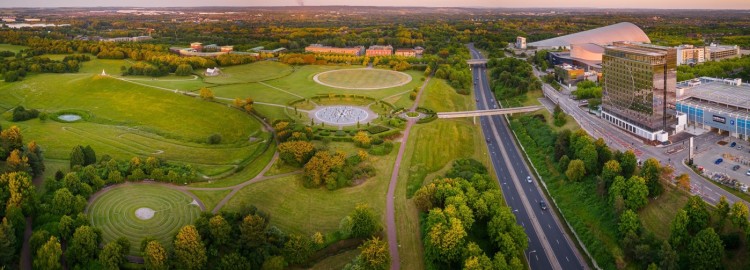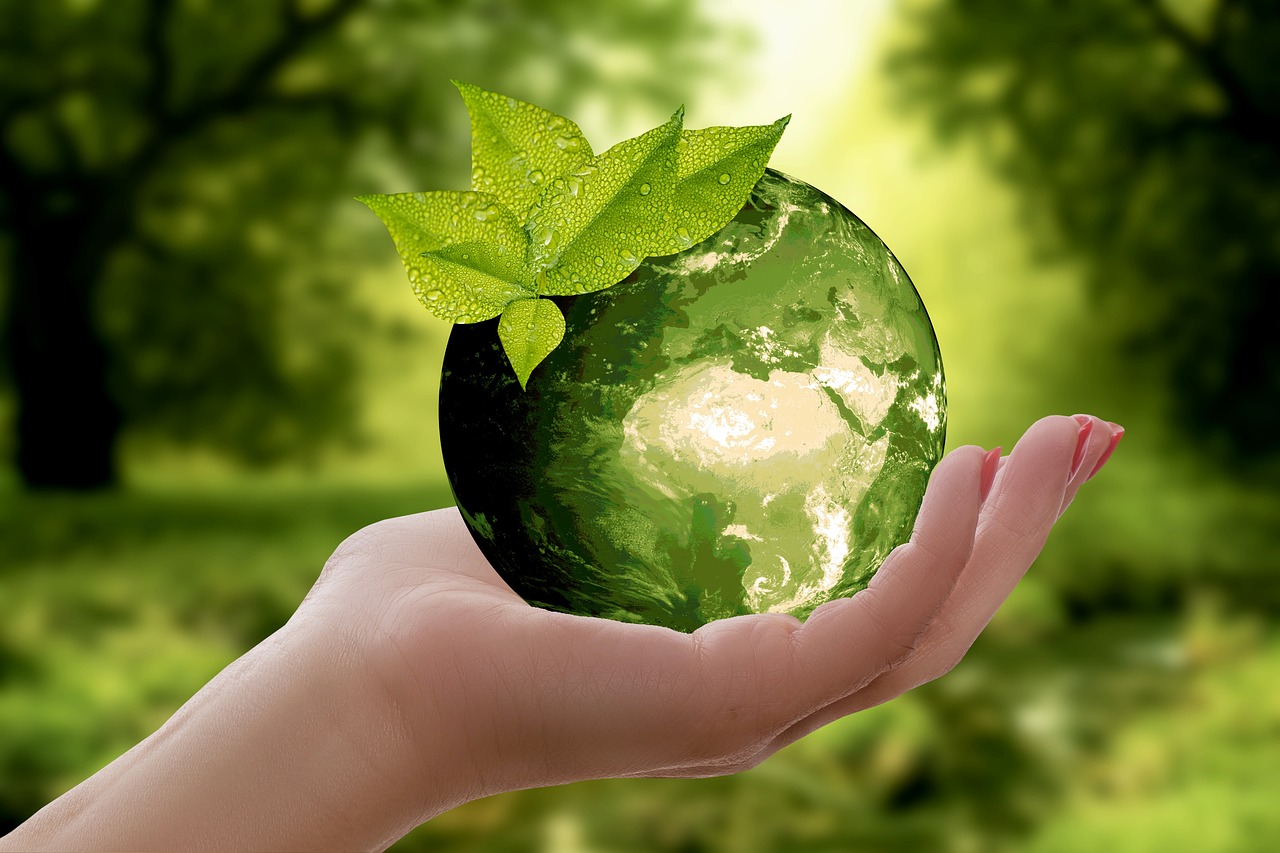 article icon
article icon
Science, Maths & Technology
The role sustainable chemistry plays in shaping the planet's future
Discover why research into sustainable chemistry is vital to reduce both the use of resources and the environmental impact of society on the planet.
 free course icon
level 1: introductory icon
Badge icon
free course icon
level 1: introductory icon
Badge icon
Science, Maths & Technology
Could we control our climate?
Climate crisis is one of the grand challenges we face as a society, but it can be hard to approach as a subject. Not only can the science at times seem dauntingly complex, but the solutions are also far from clear. This leaves many people feeling confused, guilty, anxious, angry, or else completely switched off from the subject. This course ...
 free course icon
level 1: introductory icon
free course icon
level 1: introductory icon
Nature & Environment
Environment: treading lightly on the Earth
Environment: treading lightly on the Earth focuses on the problem of greenhouse gas emissions, especially carbon dioxide. This free course will give you an understanding of the nature and importance of carbon footprints of individuals and households. It will enable you to measure your own carbon footprint and explore what you could do to reduce ...
 article icon
article icon
Education & Development
Learning Design resources to support embedding sustainability competencies and learning outcomes in course materials
Check out this set of free resources to help prompt initial thoughts and discussions about embedding sustainability in course design.
 article icon
article icon
Nature & Environment
Milton Keynes: energy capital of the UK?
Professor Peter (Jake) Chapman has made a large contribution to society, especially with his work which led to the energy rating of all buildings. Watch a film which explores what happened when Jake of The Open University and an architect of the Milton Keynes Development Corporation recognised the dangers of increased energy on the climate. ...
 article icon
article icon
Nature & Environment
COP28: inside the United Arab Emirates, the oil giant who hosted the 2023 climate change summit
The United Arab Emirates (UAE), the world’s seventh largest oil producer, hosted the 28th UN climate change summit (COP28) in Dubai from 30 November to 12 December in 2023. Presiding over the conference was the chief executive of the UAE state-owned oil company Adnoc, Sultan al-Jaber.
 article icon
article icon
Education & Development
Building Science and Technology Diplomacy Skills through CARE–KNOW–DO
Science and technology diplomacy are essential skills for navigating a complex, interconnected world. This article explores how the CARE–KNOW–DO framework helps educators and young people develop the values, knowledge, and actions needed to shape global solutions and tackle pressing challenges, from climate change to AI governance.
 article icon
article icon
Society, Politics & Law
Voices from the Global South: an international field trip
The following learning is from the Geography strand in The Open University level 1 module D113 ‘Global challenges: social science in action’.
 article icon
article icon
Nature & Environment
Earth Day on OpenLearn
The first Earth Day on 22 April 1970 activated 20 million people from all walks of life to do their bit to protect our planet. More than 50 years on, it is estimated that one billion people worldwide will engage in this year’s Earth Day.
 free course icon
level 2: intermediate icon
free course icon
level 2: intermediate icon
Science, Maths & Technology
Transport and Sustainability
This free course, Transport and sustainability, explores the issues around sustainable transport and how the role of technology and society can interact to lower the overall impact of transport.
 video icon
video icon
Health, Sports & Psychology
Why do women need abortions?
Roe Vs Wade has been overturned, meaning half of US women will be stripped of their right to choose. Explore our video collection on women's abortion experiences based on Open University research that shows how an unintended and unwanted pregnancy can easily happen, even when using contraception.
 video icon
video icon
Nature & Environment
Urban trees - could towns and cities become forests?
Dr Philip Wheeler explores how we manage trees in urban environments now and for the future.

